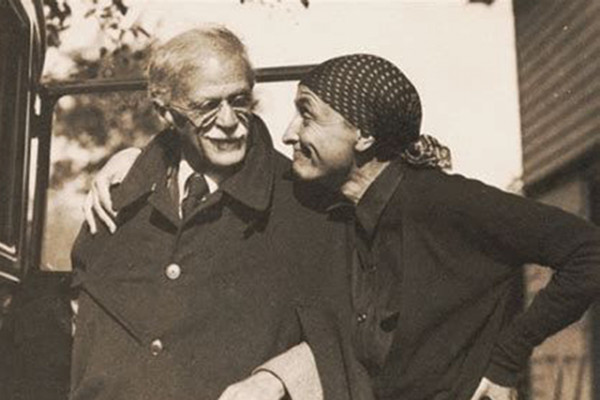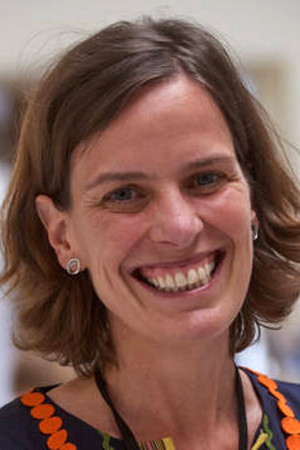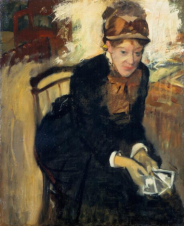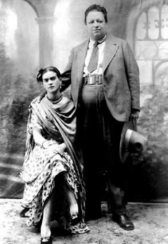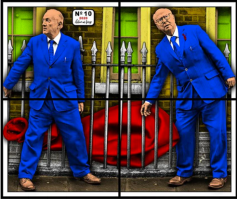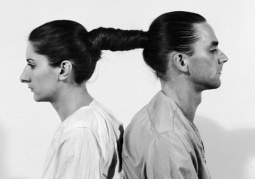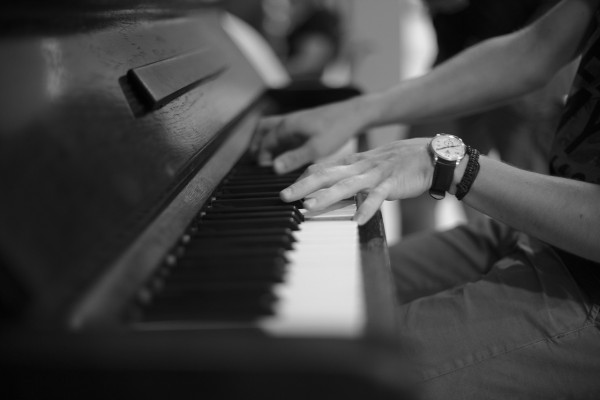However, the subject of our lecture was the unique situation when two artists become one, when their aspirations, visions and philosophy coincide. In some cases, two artists united by passion work together. Their works resemble each other, and it is impossible to say who has done one or another piece like with Camille Claudel and August Rodin. However, jealousy and envy intervened, and their union was destroyed, leading to a tragic end for one partner, in this case for Camille Claudel.
Another case of close cooperation between two artists was the American couple Alfred Stieglitz and Georgia O’Keeffe. On the screen, we were shown a beautiful photo – a snapshot of Paris, which looks like a painting, moody, melancholic, black, and white. The photographer was Alfred Stieglitz, a well- known American living in New York.
At one time a friend showed him two paintings of flowers by Georgia O’Keeffe. Something deeply touched him, and they started to correspond before meeting each other. At that time, he was 55 and she 24. All together they exchanged 55 000 letters. At times Alfred Stiglitz sent Georgia O’Keeffe & Alfred Stieglitz ISG Newsletter July 2021 23 June 2021 www.isgbrussels.be Page 5 of 18 three letters a day to Georgia. They married in 1924 and he made 300 portraits of her. Though she was a landscape painter and he a photographer, artistically they were close. With time, she got more independent and wanted to free herself from Stieglitz’ influence.
In 1939, she moved to New Mexico. The new landscape, new flowers and plants fascinated her, gave her new energy and inspiration. She frequently depicted Jimson Weed, her favourite flower. A painting with this flower was later sold for 44 million dollars, becoming the most expensive painting by a female artist. They continued their correspondence and when Alfred Stieglitz died, she took care of his legacy. Once she said, “Interest is the most important thing in life. Happiness is temporary, but interest continues.”
